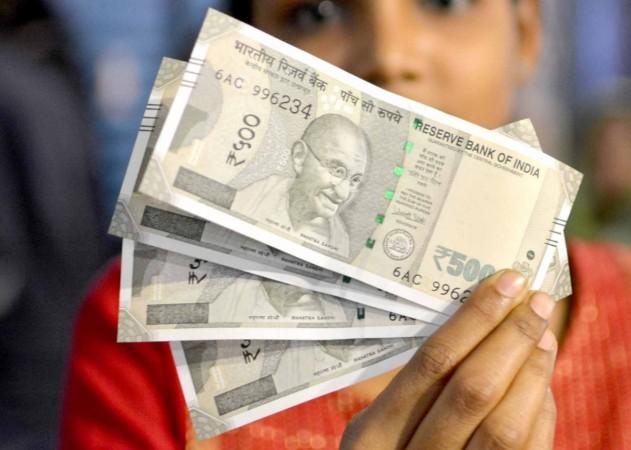
The Nepal Rastra Bank (NRB) on Friday reduced the exchange limit of Indian rupees from Rs 5,000 to Rs 2,000 after India scrapped the old notes of Rs 500 and Rs 1,000 and introduced new Rs 2,000 and Rs 500 notes.
The NRB also wrote to the Reserve Bank of India (RBI) to facilitate Nepal with the new bank currency notes following the note ban, ANI reported.
The NRB had previously banned the new currency notes of Rs 500 and Rs 2,000 issued by the Indian government.
However, both Nepal and Bhutan have reached out to India on the issue of demonetisation of the old currency notes and the impact it could have on the financial assistance India provides to them.
Ministry of External Affairs Spokesperson Vikas Swarup said that both the Nepal Rashtra Bank and the Royal Monetary Authority of Bhutan are in touch with the RBI regarding facilitation of collection and deposit of old Rs 500 and Rs 1,000 notes that are already with them and with the other banks and financial institutions in the two countries besides Nepalese and Bhutanese nationals, Mint reported.
"The matter has been raised by both the governments of Nepal and Bhutan. The government is considering the matter and the RBI will remain in touch with their counterparts in Nepal and Bhutan," Swarup said.
The RBI had also formed a task force to make the exchange of currency easier for non-Indians in Nepal who possess the demonetised notes of Rs 500 and Rs 1,000.
Swarup had also said that the task force was looking into issues related to foreign nationals and tourists in India, NRIs and people of Indian origin possessing the old notes. The team was also taking care of the diplomatic missions that have been affected by the demonetisation of these notes.
"Consultations are ongoing and as soon as we have concrete recommendations from the task force, we will share with all stakeholders," Swarup had said.
Prime Minister Narendra Modi had announced on November 8 that the government would not recognise the old currency notes of Rs 500 and Rs 1,000 from November 9, 2016.
















